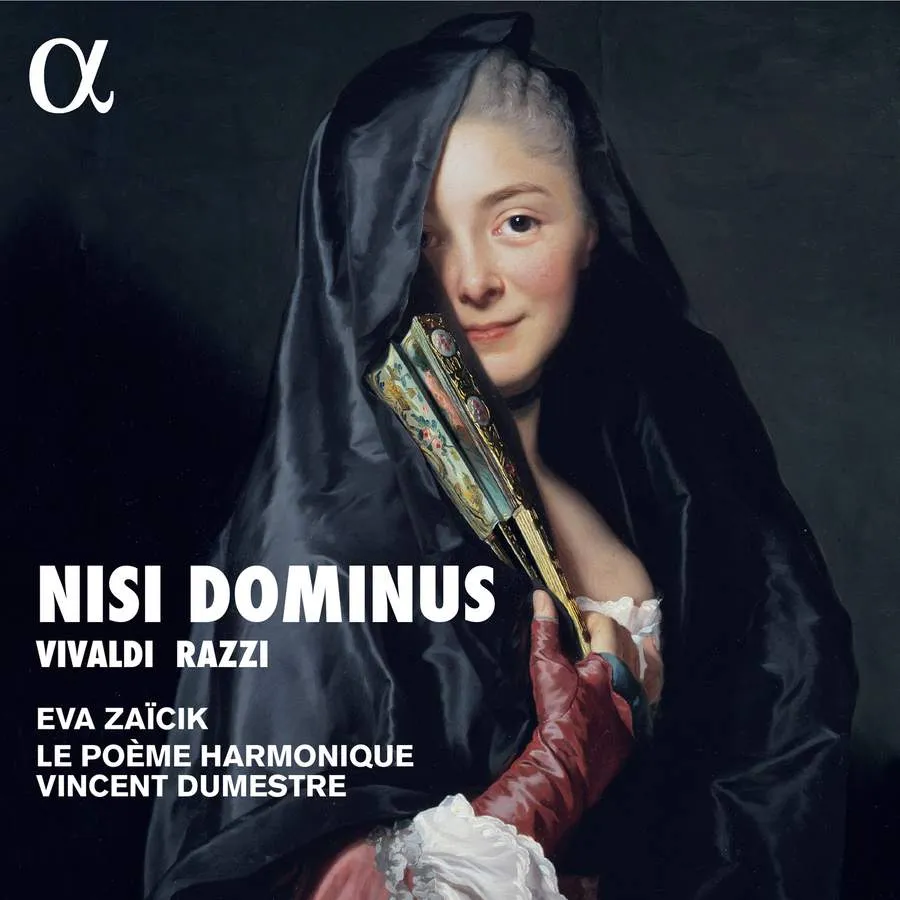
Nisi Dominus Langa: Giesù diletto sposo; Locatelli: Sinfonia Funebre; Razzi: O Vergin Santa non m’abbandonare; O dolcezza; Vivaldi: Nisi Dominus; Sinfonia in B minor, ‘Al Santo Sepolcro’ Deborah Cachet (soprano), Eva Zaïcik (mezzo-soprano); Le Poème Harmonique/Vincent Dumestre Alpha Classics ALPHA 724 58:31 mins
This imaginatively assembled programme has unusual features. The musical sequence is irregular and somewhat amorphous, consisting of mid-16th-century laude and early-to-mid-18th-century solo motets and concertos/sinfonias.
The laude, by Fra Serafino Razzi, a pioneer of the genre in the second half of the 16th century, and Francisco Sotto de Langa, are in the popular styles of the time, notably the villanella and canzonetta. Their spirit is captured, with a degree of instrumental licence, by some fine, resonant singing, above all by Eva Zaïcik and Deborah Cachet. Zaïcik is the foremost beneficiary of the programme. Her clear mezzo-soprano voice, with its tonal purity, tightly controlled vibrato and fluent virtuosity serve Vivaldi’s motets Invicti Bellate and Nisi Dominus very well. In both pieces she is rewardingly supported by the strings of Le Poème Harmonique under the experienced and crisply articulated direction of Vincent Dumestre. It is, though, in Vivaldi’s Sinfonia al Santo Sepolcro, RV 169, and more extensively in Locatelli’s Sinfonia Funebre that these instrumentalists can be appreciated to their full and considerable advantage.
While the relationship between all these pieces feels on occasion tenuous, their single intent, divine praise and the strengthening of faith is effectively realised by Dumestre and his stylistically accomplished équipe. Recorded sound is excellent and the booklet contains full texts with English and French translations. The Nisi Dominus, with its tenderly played viola d’amore accompaniment in the Gloria, and imaginative continuo realisation throughout, is one of the most beguiling performances that I know.
Nicholas Anderson
